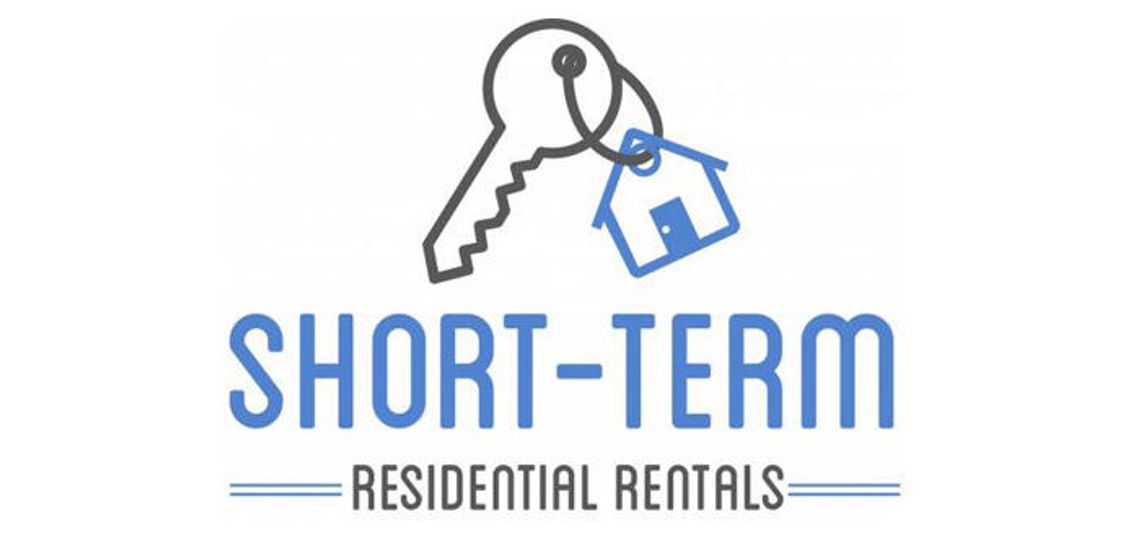A lower than expected number of noncompliant short-term rentals (STRs) stunned Wimberley city leaders last week as they postponed installment of a fee funding software meant to find them.
By a split 3-2 vote, Wimberley’s city council postponed implementing a proposed renewal fee for conditional use permits (CUP) to operate an STR in the city. Council members Gary Barchfeld and Mike McCullough cast the dissenting votes.
However, the city ultimately approved the second reading of changes to its STR ordinance by a 5-1 vote. Council member Allison Davis was the dissenting vote.
PLEASE LOG IN FOR PREMIUM CONTENT. Our website requires visitors to log in to view the best local news.
Not yet a subscriber? Subscribe today!











